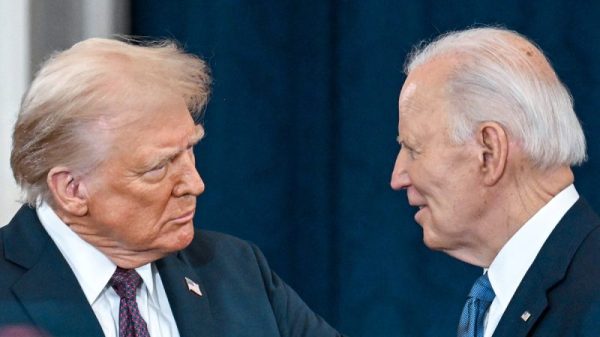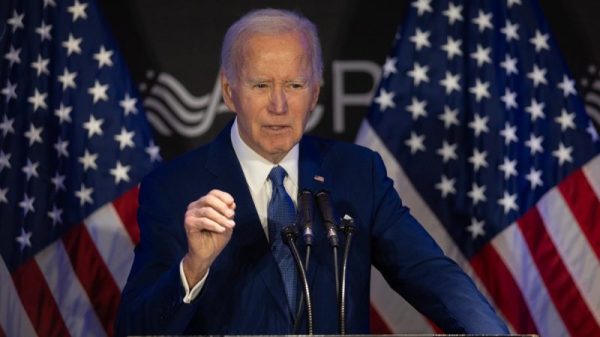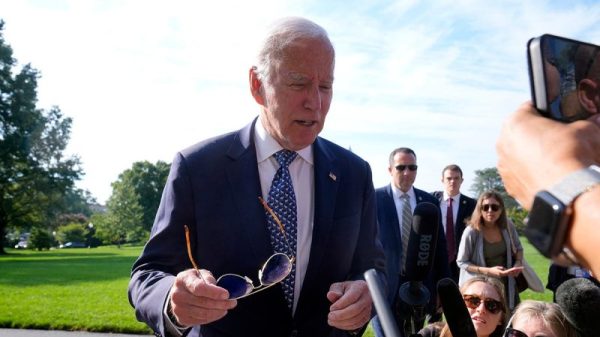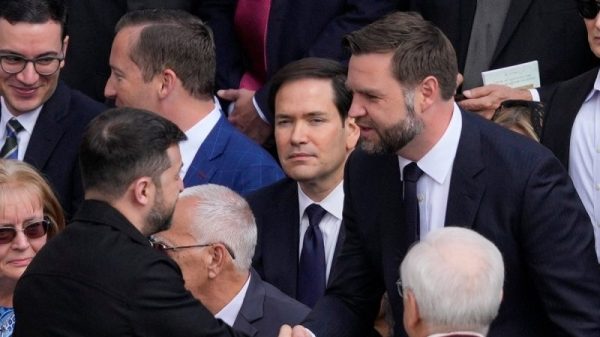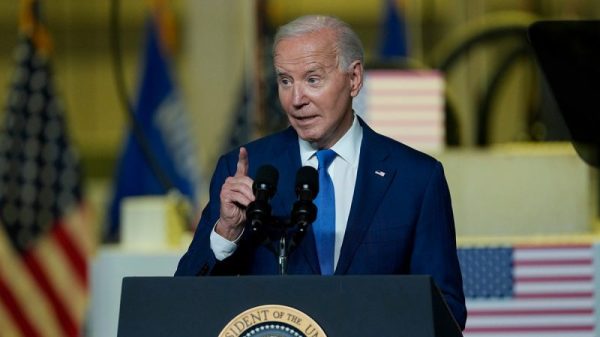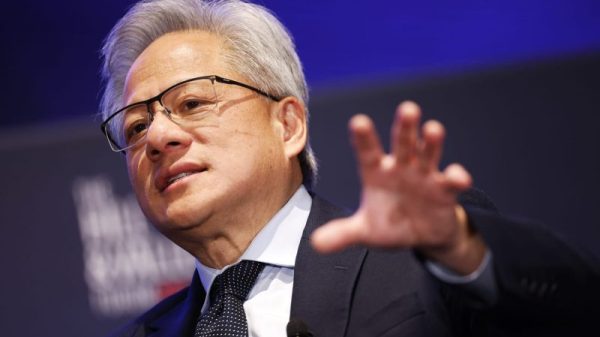Diplomatic Efforts to Stop Oil Drops Amid Israel-Gaza War
Oil Price Escalation Paused by Ongoing Israel-Hamas Conflict
The ongoing Israel-Hamas conflict has caused massive oil drops. The prices momentarily halted their upward trajectory. Amid the turmoil, Brent crude experienced a decrease of over a dollar during Monday’s trading session, falling below $91 a barrel. This decline followed a month-long high of $93.64 reached on the preceding Friday.
Concurrently, West Texas Intermediate crude witnessed a drop, falling to $86.57 after surpassing the $90 per barrel mark on the previous Friday.
West Texas Intermediate Crude Also Experiences a Downturn
Diplomatic Actions Impact Oil Prices
The Biden administration’s reported request to Israel on Sunday night, urging a delay in a potential Gaza invasion for hostage negotiations and humanitarian aid deliveries, is playing a pivotal role in easing the pressure on international energy markets.
The conflict, which ignited on October 7 when war broke out between Israel and Hamas, interrupted a trend of decreasing energy prices that had previously provided optimism regarding inflation.
Crude Oil Forum Reaction to the Conflict
Continued Uncertainty Surrounds Energy Markets
Despite the temporary respite, investors remain apprehensive about potential supply disruptions and are wary of multiple scenarios that could trigger a surge in energy prices.
The far-reaching economic consequences of a protracted conflict in Gaza are challenging to anticipate. The effects may extend beyond the energy sector to impact essential commodities such as food.
As diplomatic efforts gained momentum in the Middle East to contain the Israel-Hamas conflict, oil prices decreased by over 2% on Monday. These efforts aim to ease concerns about potential disruptions in oil supply.
Diplomatic Initiatives Lead to Reduced Oil Prices
Influence of Diplomacy on the Market
Brent crude futures registered a decline of $2.33, equivalent to 2.5%, ultimately settling at $89.83 a barrel. U.S. West Texas Intermediate crude futures recorded a similar drop of $2.59, or 2.9%, ending at $85.49 a barrel.
European Union leaders are taking a stand by advocating for a “humanitarian pause” in the conflict. This is to facilitate the delivery of aid to the people of Gaza. The leaders of France and the Netherlands are scheduled to visit Israel this week to support this initiative.
European Union Calls for a Humanitarian Pause
Uncertainty Persists in Energy Markets
“The imminent risk to supply seems to have gone down,” noted Phil Flynn, an analyst at Price Futures Group. Many market participants are adopting a cautious approach, awaiting further developments in the ongoing conflict.
In unrelated news, U.S. President Joe Biden recently announced the suspension of sanctions on Venezuela, an OPEC member. This decision follows a governmental accord in Venezuela with the opposition. While this may increase trading crude oil to the global market, its impact on mitigating supply risks in the Middle East remains uncertain.
Global Impact and the Role of Venezuela
Navigating the Energy Transition
By 2030, it is anticipated that the number of electric vehicles on the road may increase tenfold from current levels. Renewable energy sources, including solar, wind, and hydropower, could potentially supply 50% of the world’s electricity, up from the current 30%. A shift toward electric heating systems, such as heat pumps, is also expected to outperform traditional gas and trade oil. Additionally, offshore wind farm investments could surpass those in coal and gas power plants.
Controversy Surrounding Fractional Distillation of Crude Oil
Transitioning to Cleaner Energy Sources
The International Energy Agency’s projection of a peak in fossil fuel demand by 2030 has sparked debate. In September, when the agency first hinted at this possibility, the oil cartel OPEC expressed concern, emphasizing the uncertainty of such forecasts. OPEC argued that these predictions might discourage countries and companies from oil drops and gas drilling. The lack of anticipated demand reduction could lead to potential “energy chaos.”
Notwithstanding the controversy, there is a growing consensus that the transition to cleaner energy sources is unstoppable. This transformation is set to reshape the global energy landscape, reducing the dependence on fossil fuels in the coming years.
The post Diplomatic Efforts to Stop Oil Drops Amid Israel-Gaza War appeared first on FinanceBrokerage.

